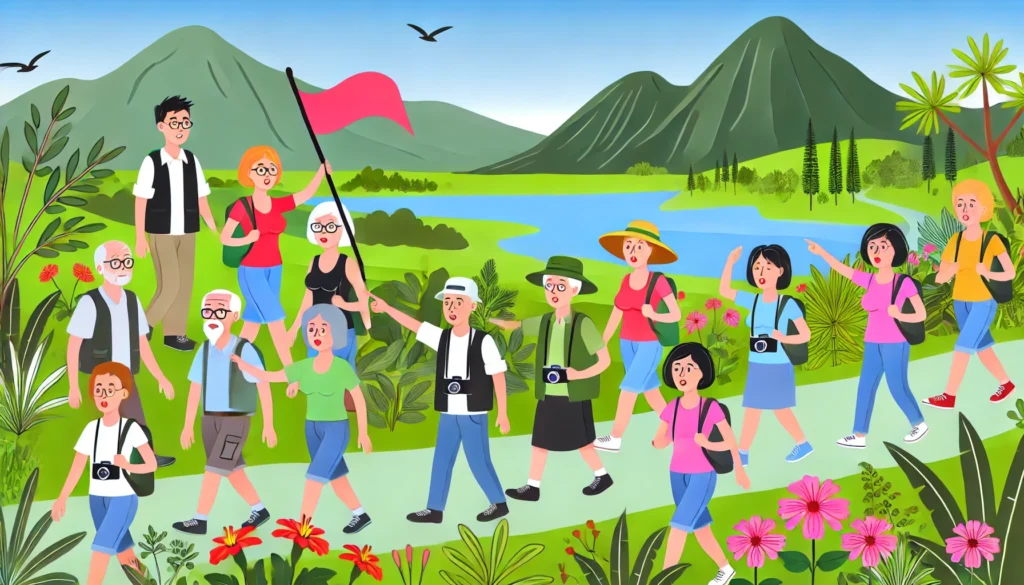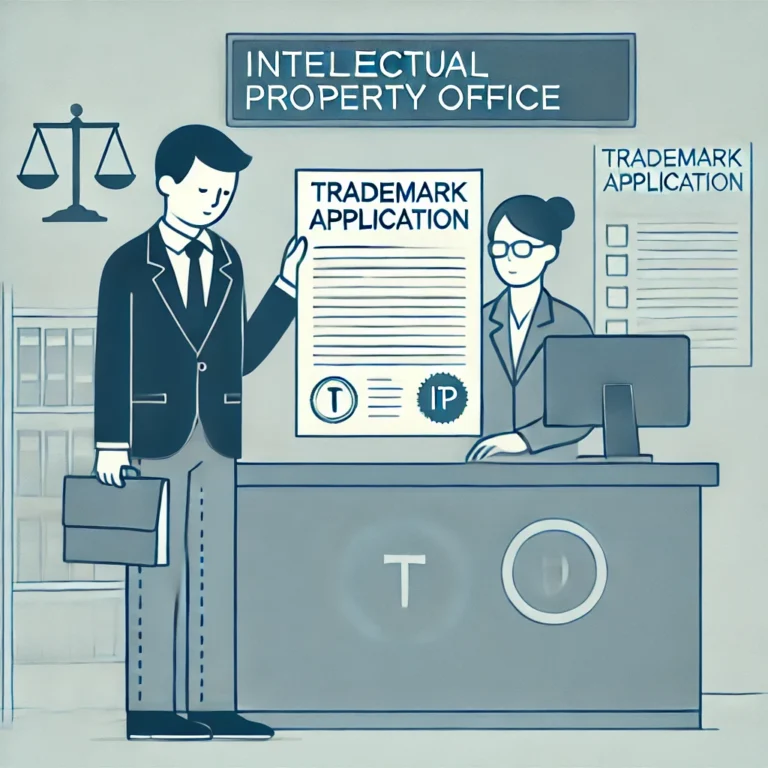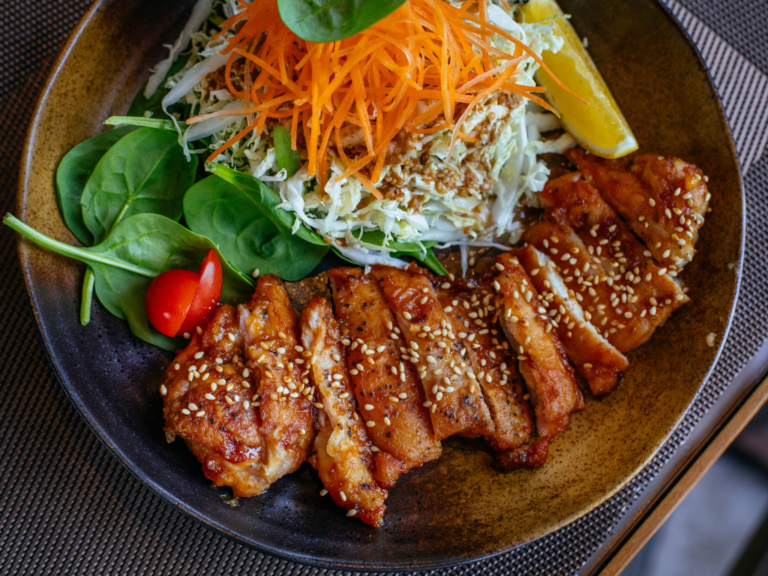Call us now:
Trademark registration for travel services in Vietnam is an essential step for businesses in the tourism sector to protect their brand and ensure legal ownership of their trademarks. With a growing and competitive tourism industry, having a registered trademark can help travel companies stand out, build trust with customers, and prevent potential trademark infringement. The process of trademark registration for travel services involves preparing and submitting the necessary documents, including a trademark application and related forms. This registration allows businesses to claim exclusive rights to use their trademark in connection with travel-related services, such as tours, transportation, hotels, and travel agency services. By registering their trademark, companies can safeguard their reputation and create a solid foundation for long-term growth in the tourism market.

Tourism Services
Tourism services are a collection of activities and amenities provided to meet the needs of travelers during their sightseeing, relaxation, and experiences at various destinations. This is a comprehensive service industry, including many different sectors aimed at offering a complete experience, both physically and mentally, for tourists. The types of tourism services are diverse, designed to meet basic needs such as transportation and accommodation, as well as unique cultural and entertainment experiences.
Common categories of tourism services include:
1/ Accommodation Services:
This includes hotels, resorts, homestays, guesthouses, and other types of lodging. Each type of accommodation offers a unique experience, from luxurious to budget-friendly, to meet the varying needs and budgets of travelers. Khánh Hòa is famous for its many high-end resorts and hotels, especially in Nha Trang.
2/ Transportation Services:
These are the means that help travelers move from one location to another, including airplanes, trains, buses, boats, or car rental services. Travel companies also offer pick-up and drop-off services, making it convenient for tourists during their sightseeing tours.
3/ Tourism Services:
These are services that organize tours, provide guides, set itineraries, and assist tourists throughout the journey. Professional travel companies help clients save time in planning while creating enjoyable and memorable experiences.
4/ Culinary Services:
Cuisine is an essential part of the travel experience. This service includes restaurants, eateries, and services offering local or international dishes. Khánh Hòa is known for its seafood specialties, such as lobster, grilled fish, and Ninh Hòa spring rolls, giving tourists the opportunity to savor the unique flavors of the region.
5/ Entertainment and Experience Services:
Today’s tourists are not only looking for convenient accommodation or transportation but also seeking new and exciting experiences. Entertainment services include recreational activities, sightseeing at famous landmarks, water sports experiences, cultural tours, and nature explorations. For instance, in Khánh Hòa, tourists can participate in scuba diving to see coral reefs or explore beautiful islands.
Tourism services play a vital role in the economic and social development of local areas, particularly in regions with tourism potential like Khánh Hòa. These services not only satisfy material needs but also offer tourists experiences related to culture, people, and nature. Moreover, high-quality services create a positive impression, encouraging tourists to return and contributing to sustainable tourism development.
Trademark Sample of Trademark registration for travel services in Vietnam
In the trademark registration application, the trademark sample plays an important role as it is the visual representation of the brand that the business wants to protect. The trademark sample should be designed clearly, easily identifiable, and reflect the identity or value of the product or service that the trademark represents.
Requirements for the Trademark Sample
The trademark sample must meet certain requirements to qualify for registration protection. In terms of form, the trademark may include words, images, symbols, or a combination of these elements. If the business wants to protect a specific color, it must be clearly displayed in the trademark sample. The trademark can also be registered in black and white. In some cases, a black-and-white trademark may have a broader scope of protection than a color trademark.
Regarding size and layout, the trademark sample is typically printed on paper with a standard size not exceeding 8×8 cm, ensuring that the details are clear and easily identifiable. All details in the trademark sample, including words, images, and colors, must be presented consistently with the information declared in the application.
The trademark must be unique and not identical or confusingly similar to any previously registered trademarks. To avoid infringement and rejection, businesses should conduct a trademark search before submitting the application. This helps ensure its legality and minimizes the risk during the review process.
Role of the Trademark Sample in the Registration Process
The trademark sample plays a key role in distinguishing the business’s products or services from competitors. It is also the factor that helps customers recognize and remember the brand. When the trademark is granted a certificate of protection, it will have legal value to prevent unauthorized copying or use.
Moreover, an impressive trademark design helps the business establish credibility and trust with customers. This is particularly important in the tourism industry, where professionalism and uniqueness in branding significantly influence tourists’ decisions when choosing services.
Thus, the trademark sample is not only a critical element in the registration application but also contributes to building the business’s image and reputation. Properly designing and protecting the trademark is a necessary step for sustainable development, especially in industries like tourism in regions such as Khánh Hòa, which have great potential for attracting customers and intense competition.
Procedure of Trademark registration for travel services in Vietnam
To protect a tourism service trademark, businesses must follow the registration procedure with the Vietnam Intellectual Property Office (IP Vietnam). Below are the detailed steps from filing the application to receiving the certificate of protection:
Step 1: Prepare the Trademark Registration Application
The application must include the following documents:
- Trademark registration form (as per the IP Vietnam template).
- Trademark sample (no larger than 8×8 cm).
- List of products/services for registration according to the Nice Classification.
- Proof of payment for fees and charges.
- Power of attorney (if submitting through an industrial property representative).
Step 2: Submit the Application to IP Vietnam
Businesses can submit their application in the following ways:
- Directly at the IP Vietnam office in Hanoi or its branches in Ho Chi Minh City and Da Nang.
- Via postal mail to the IP Vietnam address.
When submitting the application, businesses must pay the application fee, examination fee, and publication fee. These fees may vary depending on the number of product/service classes registered.
Step 3: Formal Examination
After receiving the application, IP Vietnam will conduct a formal examination.
- If the application is complete and compliant, IP Vietnam will issue a notice of acceptance.
- If the application is incomplete or incorrect, IP Vietnam will request additional documents or corrections. Businesses must respond within the specified timeframe; otherwise, the application will be rejected.
Step 4: Publication of the Trademark Application
Once the application is accepted for formality, IP Vietnam will publish it in the Industrial Property Official Gazette within 2 months. During this period, third parties have the right to oppose the registration if they believe it infringes on their rights.
Step 5: Substantive Examination
The substantive examination takes about 12 to 18 months. IP Vietnam will assess whether the trademark meets the protection requirements, including:
- Does the trademark have distinctiveness?
- Is the trademark identical or similar to any previously registered trademarks?
If the trademark does not meet the requirements, IP Vietnam will issue a refusal notice. Businesses can file an appeal or make corrections according to the guidelines.
Step 6: Issuance of the Certificate of Protection
If the trademark meets all the requirements, IP Vietnam will issue a decision to grant the trademark certificate. Businesses must pay the certificate issuance fee and receive the certificate at IP Vietnam or by postal mail.
The trademark registration process for tourism services in Vietnam not only helps businesses protect their brand but also enhances their credibility and professionalism. Following the steps and carefully preparing the application is crucial to ensure the registration process runs smoothly and avoids legal risks.
Want to protect your tourism service brand and trademark in Vietnam? DCNH Law offers professional trademark registration services to help businesses build credibility and avoid legal risks. With an experienced team of lawyers and a quick support process, we ensure accurate advice and comprehensive protection for your trademark. Contact DCNH Law now to keep your brand at the forefront of the competitive tourism market!
Contact Us Now:
DCNH LAW
Address: 38B Tran Nhat Duat, Phuoc Hoa ward, Nha Trang city, Khanh Hoa province, Vietnam.
Phone: (+84) 343320223 – 974278893
Email: dcnh.law@gmail.com




